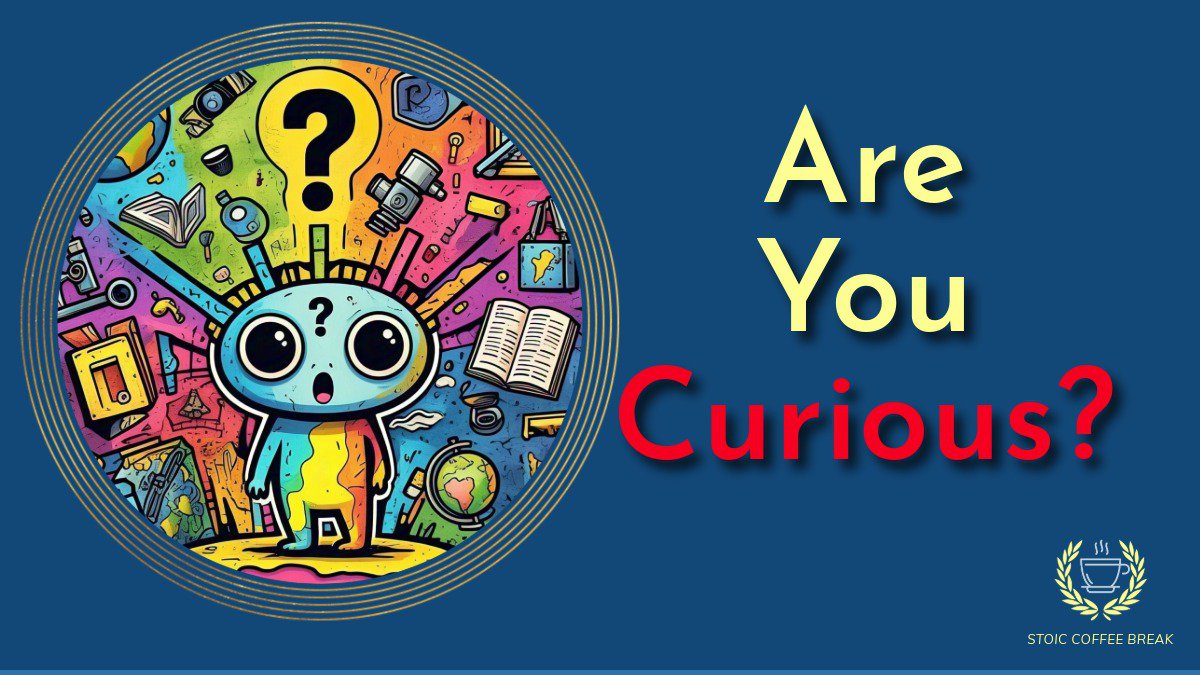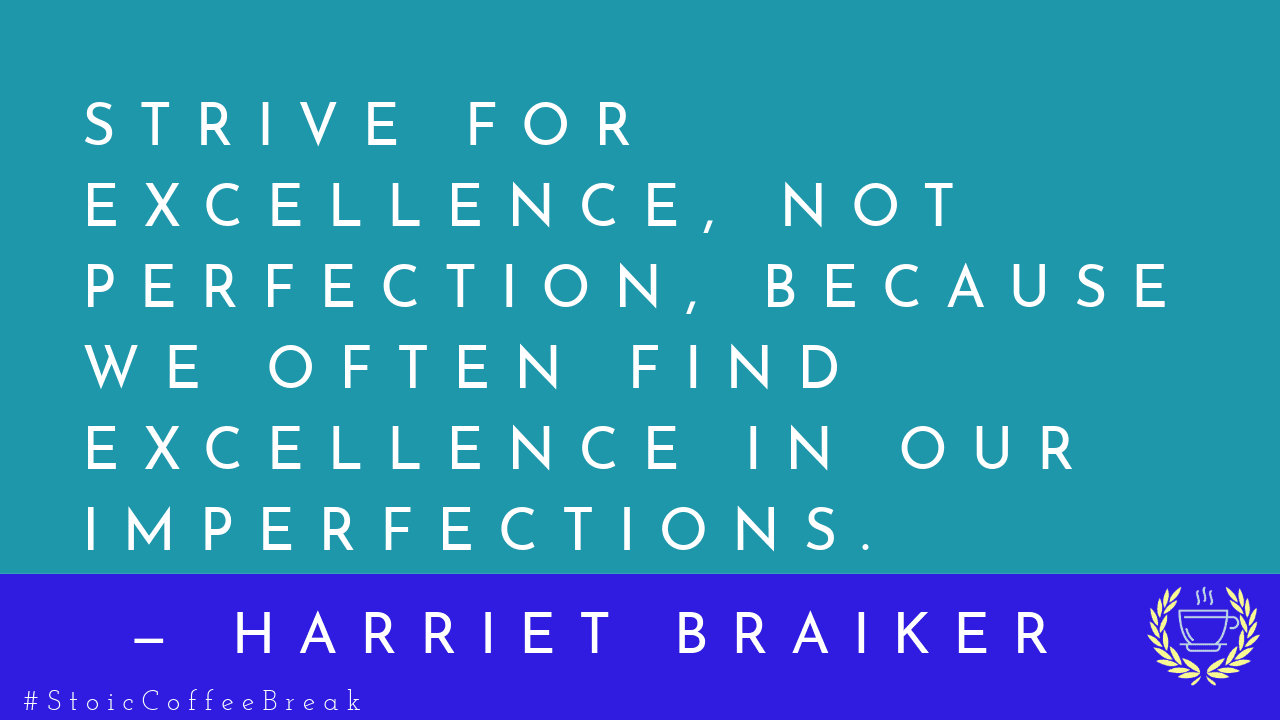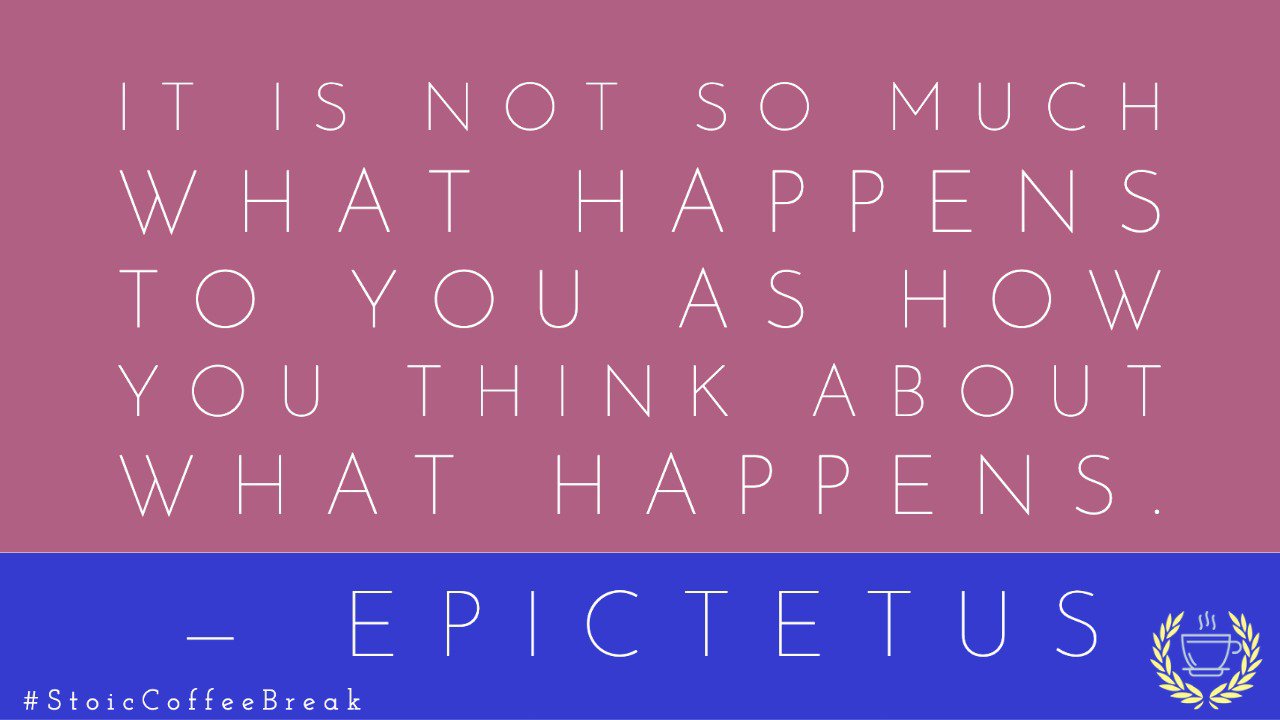Tag: self-reflection
-

335 – Stay Curious: The Stoic Case for Asking Why
Socrates was considered the wisest man in Athens, not because he knew everything, but because he was curious. Discover how curiosity can be your greatest asset for personal growth. From challenging assumptions to embracing new perspectives, learn how this key trait leads to wisdom and joy. Let’s shake off routine and stay curious!
-

310 – Overcoming Trauma & How Hardships Make You Who You Are with J.R. Martinez
Dive into the transformative journey of J.R. Martinez, an Iraqi war veteran and motivational speaker, as he shares his profound insights on overcoming trauma. Explore how embracing hardships and practicing daily positivity can redefine your life’s narrative.
-

301 – Q&A Episode: Morning Routines, Mantras, and Quarter Life Crisis
Dive into the latest episode where Erick Cloward unpacks listener questions on crafting morning routines inspired by Stoicism, the power of personal mantras, and navigating the tumultuous waters of a quarter-life crisis. Discover actionable insights to enrich your daily life and foster resilience.
-

292 – Interview with Ori Halevy: Comedian and Comedy Writer
In a cozy Berlin coffee shop, Erick Cloward’s interview with Ori Halevy delves into the intersections of comedy, philosophy, and life’s complexities. This engaging conversation uncovers the unique perspective of a comedian navigating the philosophical landscapes of Berlin’s vibrant English-speaking comedy scene. Through laughter and reflection, they explore how humor can illuminate our understanding of…
-

291 – Finding Your Genius: Flipping Your Flaws Into Features
“Strive for excellence, not perfection, because we often find excellence in our imperfections.” —Harriet Braiker Discover the transformative power of viewing your traits through a new lens. In this episode we explore how what we see as weaknesses can actually be strengths in disguise, urging us to shift our perspective and embrace our unique attributes…
-

289 – Interview with Mark Tuitert: Olympic Gold Medalist Speed Skater and Stoic Author
Delve into the world of Olympic gold medalist Mark Tuitert, as he shares his journey from the ice to authoring “The Stoic Mindset.” Discover how stoicism fueled his triumphs and helped navigate life’s challenges, offering a unique insight into achieving greatness while maintaining inner peace.
-

283 – Interview With Gavan Wilhite
In this week’s episode, I had a captivating conversation with Gavan Wilhite, a serial entrepreneur. We discussed the power of stoicism in business and making a positive impact on the world. Gavan is an exceptional individual, and I’m sure you’ll enjoy our enlightening discussion.
-

265 – The Road to Growth: Why the Journey Matters More Than the Destination
“Show me someone for whom success is less important than the manner in which it is achieved.” — Epitetus Why do you set goals? Why is it important for you to accomplish those goals? Today I want to talk about why we should try to accomplish goals, even we never achieve them.
-

263 – No Self
“It is not so much what happens to you as how you think about what happens.” ― Epictetus Do you think of yourself as a “self”? What if we had no part of us that was an enduring self? How would that change how you acted in the world? Today I want to talk about…
